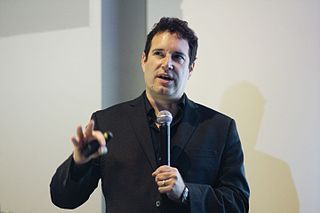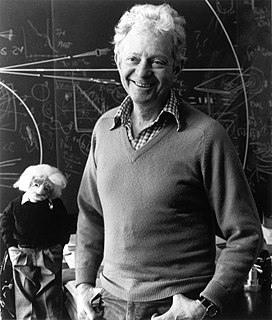A Quote by Carrie Nugent
I love studying asteroids because they are relatively simple, just rocks in space. They can be understood with physics and described with elegant equations. For the most part, they are serene celestial bodies.
Related Quotes
What appear to be the most valuable aspects of the theoretical physics we have are the mathematical descriptions which enable us to predict events. These equations are, we would argue, the only realities we can be certain of in physics; any other ways we have of thinking about the situation are visual aids or mnemonics which make it easier for beings with our sort of macroscopic experience to use and remember the equations.
If you were to stand on an asteroid in the main belt of asteroids between Mars and Jupiter in our solar system, you might be able to see one or two asteroids in the sky, but they would be very far away and very, very small. So you wouldn't have this 'dodging through tons of rocks' business you get in the movies.
What counts, I found, is not what you cover, but what you uncover. Covering subjects in a class can be a boring exercise, and students feel it. Uncovering the laws of physics and making them see through the equations, on the other hand, demonstrates the process of discovery, with all its newness and excitement, and students love being part of it.
What is especially striking and remarkable is that in fundamental physics, a beautiful or elegant theory is more likely to be right than a theory that is inelegant. A theory appears to be beautiful or elegant (or simple, if you prefer) when it can be expressed concisely in terms of mathematics we already have. Symmetry exhibits the simplicity. The Foundamental Law is such that the different skins of the onion resemble one another and therefore the math for one skin allows you to express beautifully and simply the phenomenon of the next skin.
Everything, however complicated - breaking waves, migrating birds, and tropical forests - is made of atoms and obeys the equations of quantum physics. But even if those equations could be solved, they wouldn't offer the enlightenment that scientists seek. Each science has its own autonomous concepts and laws.

































